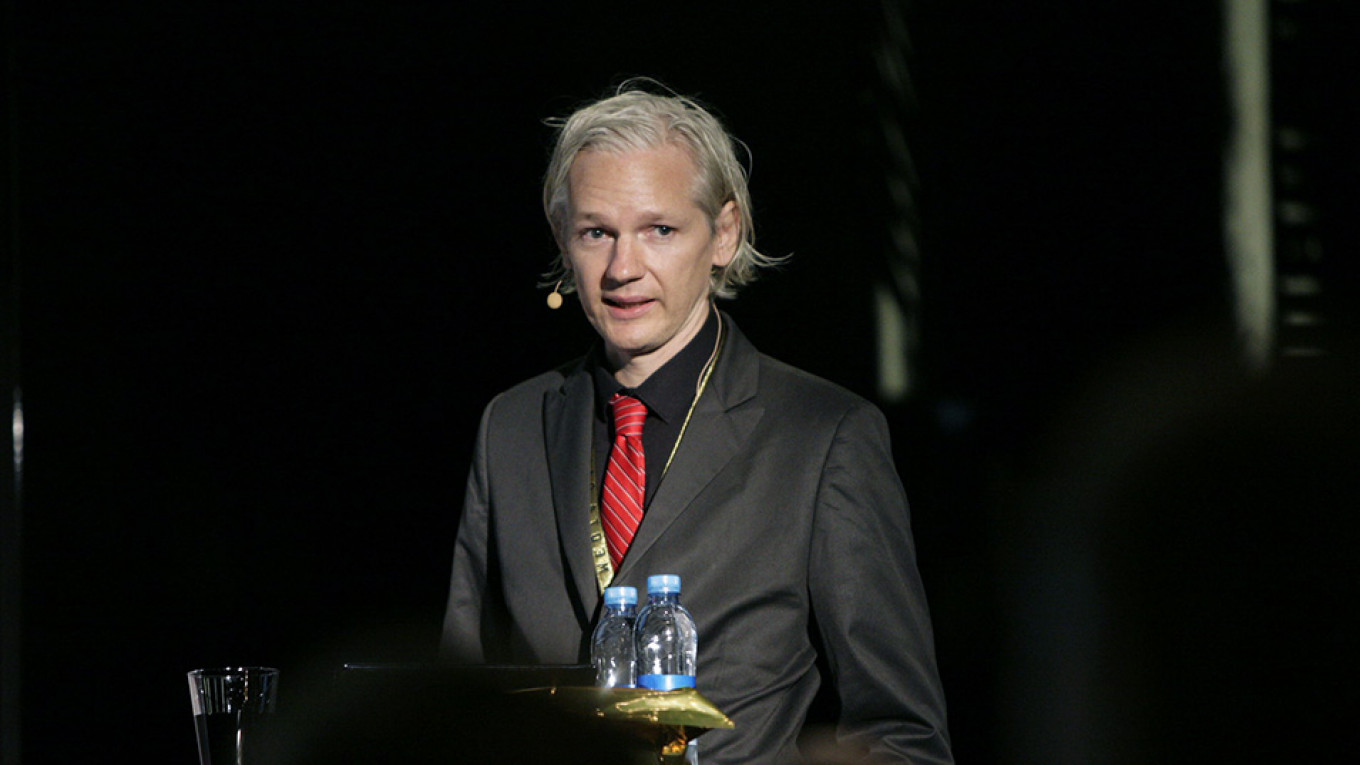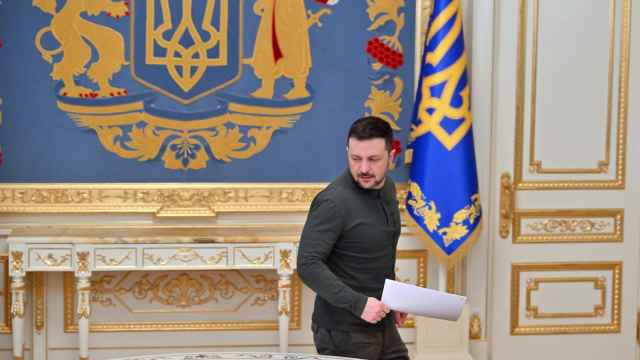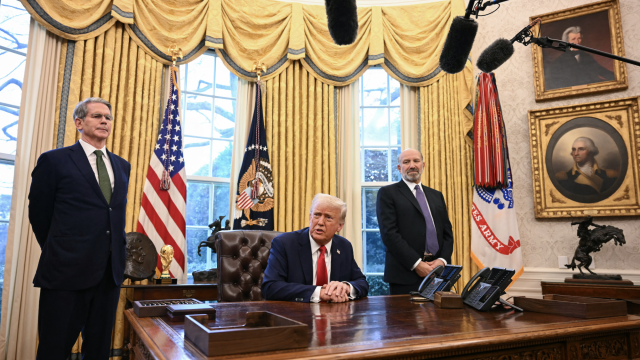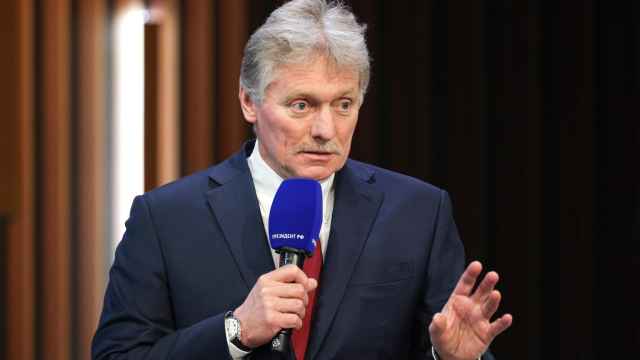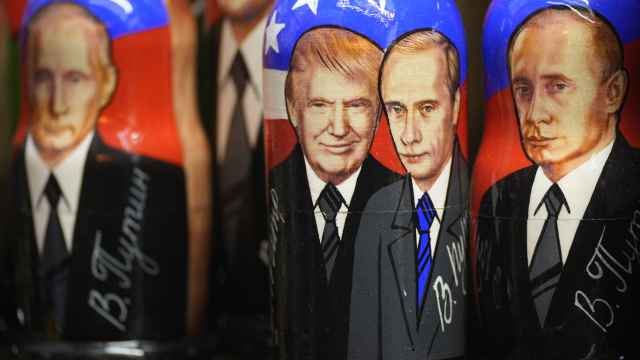U.S. President Donald Trump offered to pardon WikiLeaks founder Julian Assange if he said that Russia had nothing to do with WikiLeaks' publication of Democratic Party emails in 2016, a London court heard on Wednesday.
Assange appeared by videolink from prison as lawyers discussed the management of his hearing next week to decide whether he should be extradited to the United States.
At Westminster Magistrates' Court, Assange's barrister, Edward Fitzgerald, said that former Republican U.S. Representative Dana Rohrabacher had been sent by the president to visit Assange in 2017 to offer him a pardon.
The pardon would come on the condition that Assange say the Russians were not involved in the email leak that damaged Hillary Clinton's presidential campaign in 2016 against Trump, Rohrabacher's statement said.
A White House spokeswoman, Stephanie Grisham, denied the assertion.
"The president barely knows Dana Rohrabacher other than he’s an ex-congressman. He’s never spoken to him on this subject or almost any subject. It is a complete fabrication and a total lie," she said.
Rohrabacher, likewise, said he never spoke with the president about Assange. In a statement, the former lawmaker denied he had been sent on Trump's behalf and said he was acting on his own when he offered to ask Trump for a pardon if Assange would say how he got the emails.
He said he relayed Assange's willingness to cooperate to Trump's then-chief of staff, John Kelly, but said he heard nothing further from the White House.
U.S. intelligence agencies concluded that Russia interfered in the 2016 election to try to help Trump win, in part by hacking and releasing emails embarrassing to Clinton.
Russia denied meddling and Trump denied any campaign collusion with Moscow. A probe by U.S. Special Counsel Robert Mueller did not establish that members of Trump’s campaign conspired with Russia during the election.
Assange, 48, who spent seven years holed up in Ecuador's London embassy before he was dragged out last April, is wanted in the United States on 18 counts including conspiring to hack government computers and violating an espionage law. He could spend decades behind bars if convicted.
Almost a decade after his WikiLeaks website enraged Washington by leaking secret U.S. documents, Woolwich Crown Court in London will begin hearings on Monday — with Assange present — to decide whether he should be sent to the United States.
At Wednesday's hearing, Assange spoke only to confirm his name and date of birth. He appeared relaxed and spent much of the hearing reading notes in his lap. He wore two pairs of glasses: one on top of his head and another he took on and off and twiddled in his hands.
The Australian-born Assange made global headlines in early 2010 when WikiLeaks published a classified U.S. military video showing a 2007 attack by Apache helicopters in Baghdad that killed a dozen people.
The full extradition hearing will be split in two parts, with the second half delayed until May.
A Message from The Moscow Times:
Dear readers,
We are facing unprecedented challenges. Russia's Prosecutor General's Office has designated The Moscow Times as an "undesirable" organization, criminalizing our work and putting our staff at risk of prosecution. This follows our earlier unjust labeling as a "foreign agent."
These actions are direct attempts to silence independent journalism in Russia. The authorities claim our work "discredits the decisions of the Russian leadership." We see things differently: we strive to provide accurate, unbiased reporting on Russia.
We, the journalists of The Moscow Times, refuse to be silenced. But to continue our work, we need your help.
Your support, no matter how small, makes a world of difference. If you can, please support us monthly starting from just $2. It's quick to set up, and every contribution makes a significant impact.
By supporting The Moscow Times, you're defending open, independent journalism in the face of repression. Thank you for standing with us.
Remind me later.



